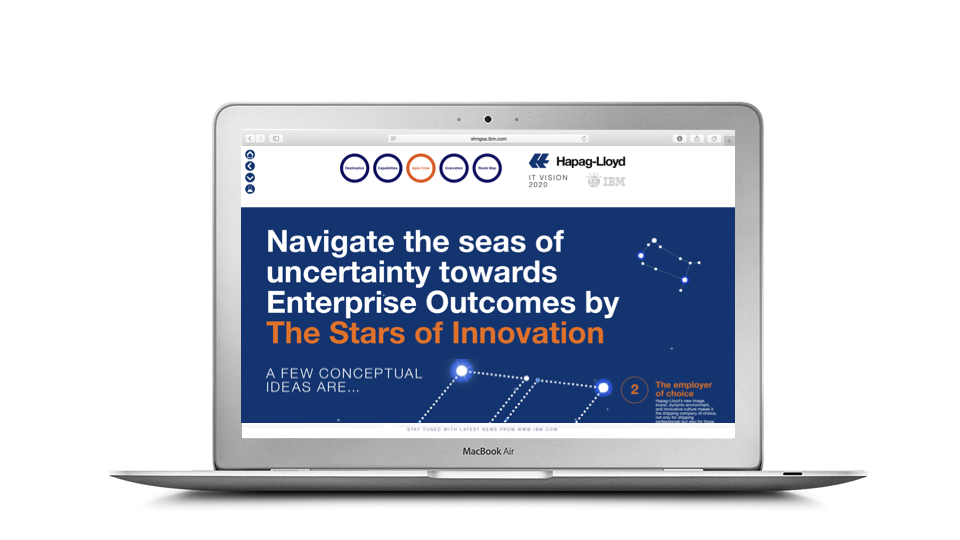
A project undertaken by the IBM Watson team and Global Technology Services to design a new shipping and logistics service that leverages AI to optimize logistics, featuring a new app for customers wishing to book shipping, transit, and insurance, can be a transformative initiative that enhances efficiency and customer experience in the global shipping industry. Here’s an overview of such a project:
Project Name: IBM Watson AI-Optimized Logistics and Booking Platform
Project Description:
1. Project Initiation:
- The project begins with a thorough analysis of the current state of the shipping and logistics industry. This includes identifying pain points, inefficiencies, and opportunities for improvement.
2. Stakeholder Identification:
- Key stakeholders are identified, including shipping companies, logistics providers, insurance providers, and customers. Input and collaboration from these stakeholders are essential throughout the project.
3. Market Research:
- In-depth market research is conducted to understand the competitive landscape and customer preferences. This research informs the design and feature set of the new logistics service.
4. AI Integration:
- The IBM Watson team works on integrating AI technologies into the logistics platform. This involves developing AI models for demand forecasting, route optimization, and risk assessment for insurance purposes.
5. App Development:
- The development of a user-friendly mobile app is a central focus. The app allows customers to easily book shipping services, select transit options, and purchase insurance coverage.
6. AI-Powered Features:
- The app incorporates AI-driven features such as real-time shipment tracking, predictive maintenance for logistics vehicles, and dynamic pricing based on market conditions.
7. Security and Data Privacy:
- Robust security measures are implemented to protect customer data and sensitive shipment information. Compliance with data privacy regulations is a top priority.
8. Testing and Optimization:
- Rigorous testing and optimization processes are carried out to ensure the app’s reliability, performance, and user-friendliness. Feedback from beta testers and stakeholders is used for fine-tuning.
9. Logistics Network Integration:
- Collaboration with shipping companies and logistics providers is essential to integrate the app into their existing systems and networks.
10. Insurance Integration: – Integration with insurance providers allows customers to easily select and purchase insurance coverage for their shipments within the app.
11. Customer Support and Training: – Comprehensive customer support and training materials are provided to users to assist them in using the app effectively.
12. Launch and Marketing: – The new shipping and logistics service is launched, and a marketing campaign is initiated to promote the app to potential customers and partners.
13. Monitoring and Feedback: – Continuous monitoring of the platform’s performance and customer feedback is essential. AI models are updated and improved based on real-world data.
14. Scalability and Expansion: – The platform is designed to be scalable, allowing for future expansion to serve a broader customer base and support additional shipping and logistics services.
15. Sustainability Considerations: – Sustainability is a key focus, with AI optimization also considering eco-friendly transportation options to reduce the environmental footprint of logistics operations.
16. Regulatory Compliance: – The project ensures compliance with international shipping and insurance regulations, ensuring seamless global operations.
By combining IBM Watson’s AI capabilities with Global Technology Services’ expertise in logistics and technology integration, this project aims to revolutionize the shipping and logistics industry by providing customers with a seamless, efficient, and intelligent platform for their shipping, transit, and insurance needs.
Concept Poster

Service Blueprint

Epics and Stories


You must be logged in to post a comment.